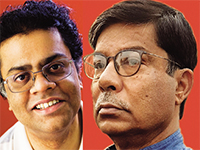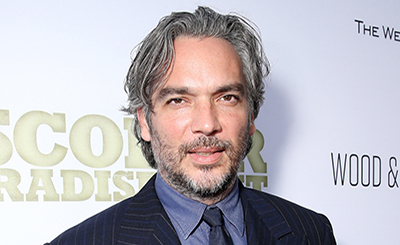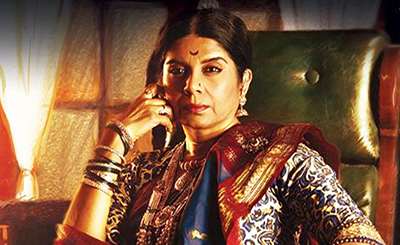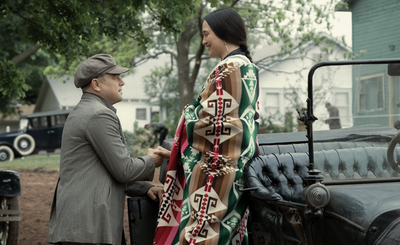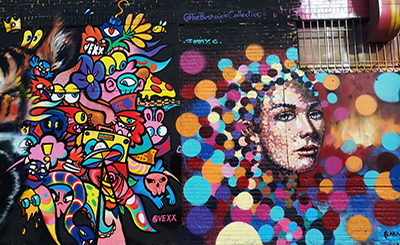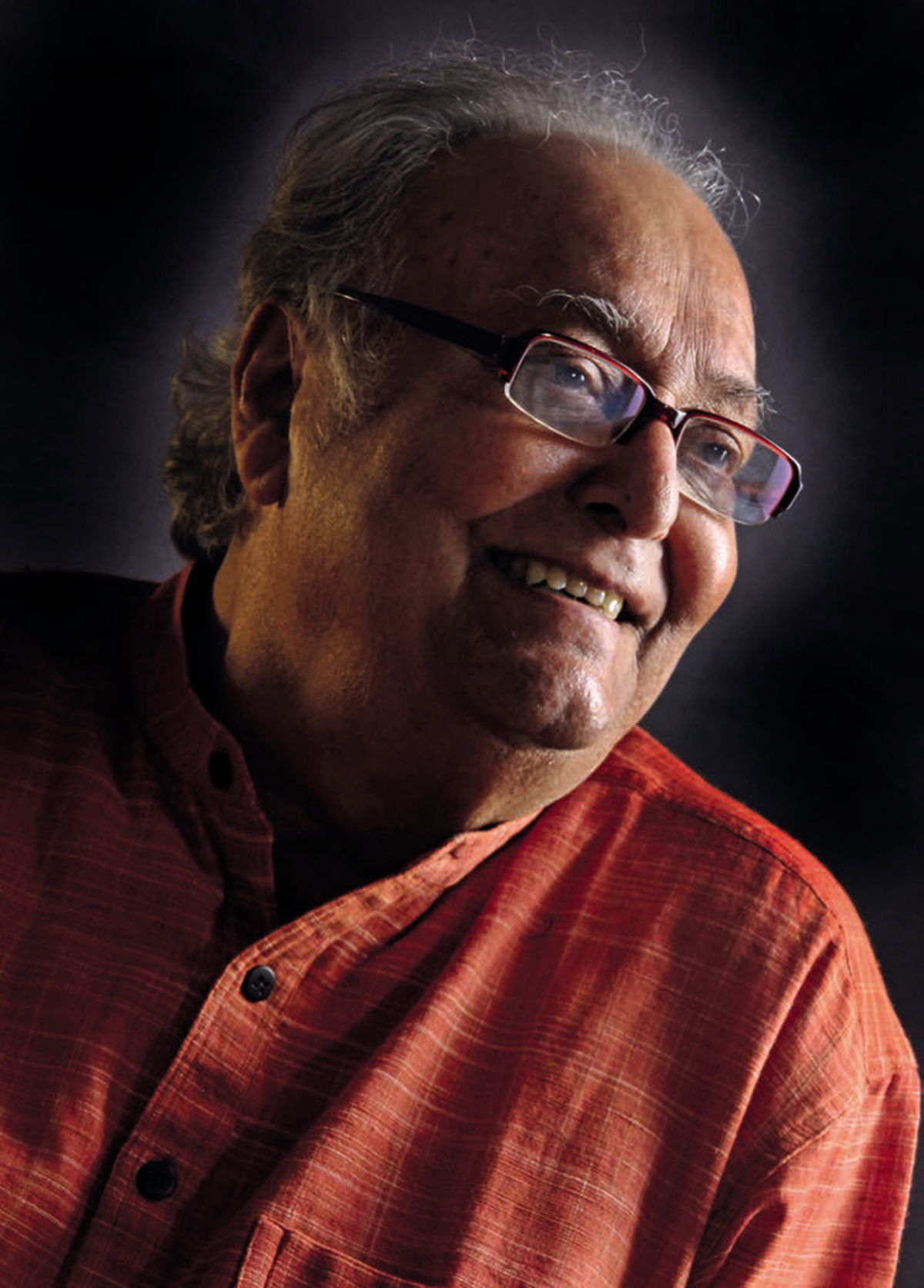
Soumitra Chatterjee. Photo courtesy of Pratap Dasgupta
Feluda has been portrayed by several actors, and each of them has tried in some way or the other to make the character his own. It is a daunting task because for most Bengalis, Soumitra Chatterjee’s portrayal of the detective is the definitive version. Feluda is a character firmly entrenched in the Bengali popular imagination, and inextricably bound with childhood nostalgia to boot. This has ensured that Soumitra’s performance apart from its critical value is perhaps more important for the affection and loyalty that it inspires among his people…
Soumitra says that what attracted him most to the character was his unstinting faith in his intellect as his primary weapon against the wickedness and chaos in the world. In Joy Baba Felunath, when the young Captain Spark wants to see his gun, Feluda tells him with his usual conviction that even though he does have one, his brain is far more powerful than any gun. He calls it his ‘magojastra’ (brain-weapon).
It was, however, his quintessential Bengaliness that made him a distinctive figure. He was always in kurta-pyjamas and smoked only Charminar cigarettes. He belonged to the educated urban middle class in word and gesture. He did not have any of the eccentricities of Holmes (addiction to opium would be unacceptable on all possible levels) or the dainty prissiness of Poirot. He is the detective next door, the archetypal bhadrolok who is self-effacing and reserved. His encyclopaedic knowledge about things and his penchant for travel gave Ray opportunities to point out interesting factoids and information to his young readers. Feluda is, however, relentless and absolutely fearless when he takes a case. He has a very strong sense of right and wrong, great compassion for those wronged by others, and is driven by the courage of his convictions. Soumitra insists that Ray’s sketches of the character resemble the author far more than they do him. He adds that he could see so much of Ray in Feluda that it was impossible for him to play him without referencing his creator. He says that those who knew Ray well would immediately recognise his mannerisms and manner of speaking in his performance. In Sonar Kella, when Jatayu meets Feluda and Topshe for the first time in the train, he is rattling off heavily accented Hindi in his inimitable fashion. When he realises that there are Bengalis around he is happy to revert to his native language. Feluda tells him that he can continue speaking his Hindi if he wants because he is thoroughly enjoying it. Soumitra had modelled himself on the director to such an extent that he says that if anyone wants to know what Ray talked like, he can do no better than look at him delivering that dialogue. Soumitra was probably being smart about this. Feluda was conceived as an alter ego of the author. Ray had unwittingly or otherwise instilled a lot of himself in him anyway. It was really good sense to try and imitate the creator when the time came to bring the creation to life for the big screen.
Soumitra was an avowed fan of the books much before Ray had any plans to adapt one of them. He was ecstatic when he was offered the role. He was also looking forward to do something his teenage children would like to see.
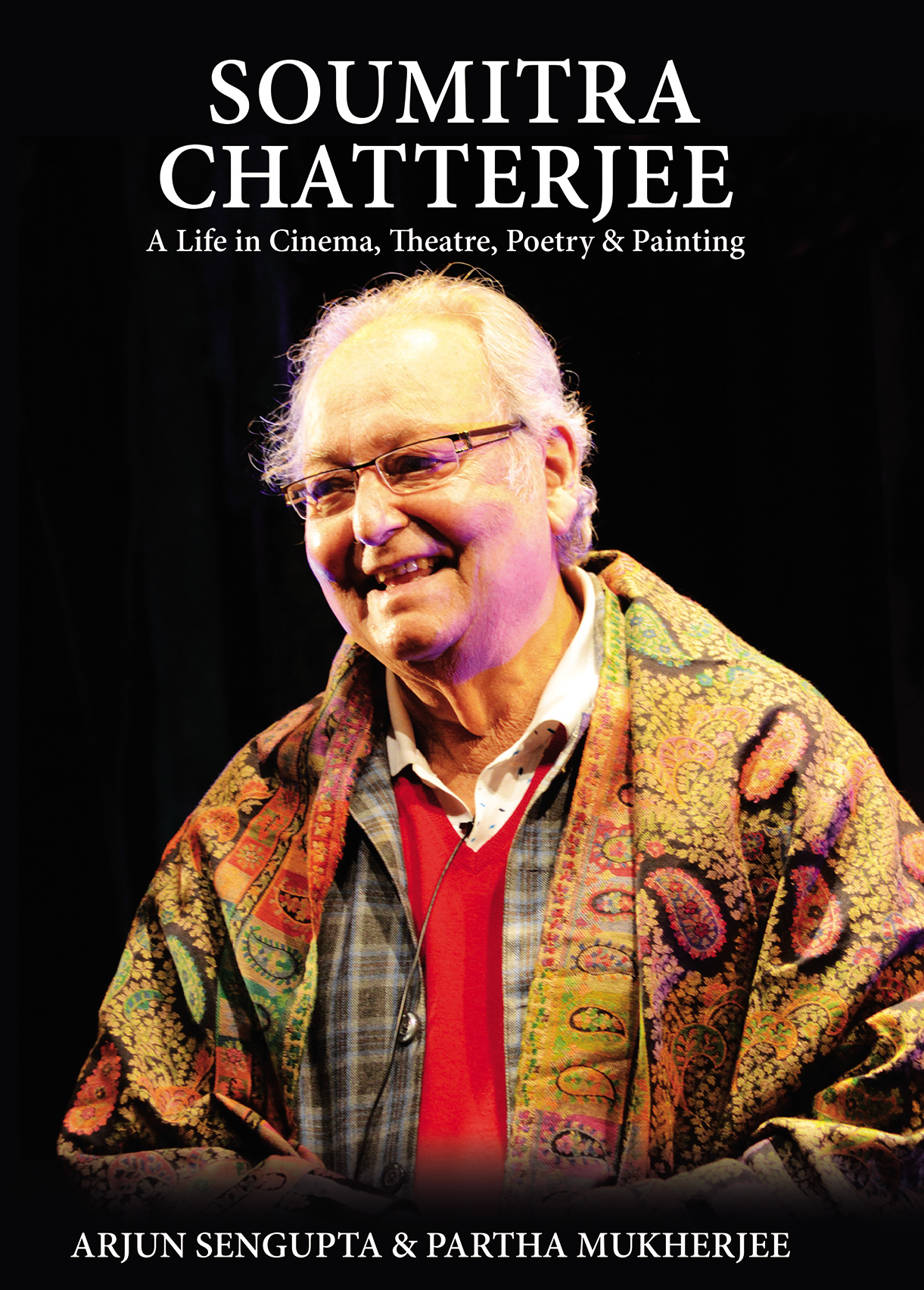
Feluda did not require a lot of research or the kind of physical and psychological transformation that his other more challenging films demanded. Soumitra says that between the books and the usual meticulous script, there was very little he had to do except follow Ray’s directions. While he had read a lot of detective fiction he consciously stayed away from emulating any of them. The shadow of Holmes has always loomed large over fictional detectives that have followed in his footsteps. There was also the hard-boiled American tradition, which in cinema was defined by the fast-talking, tough as nails and cynical Philip Marlowe played definitively by Humphrey Bogart in The Big Sleep (1946). Soumitra actively stayed away from these performances, choosing to approach it like he would approach any other role. He traced his essence to a powerful sense of loyalty, honesty and integrity of purpose and a hyper intelligent mind. He was also aware that it was not a physically imposing character even though he was strong, knew how to defend himself well and could shoot as well as any of his fictional counterparts. At the end of Joy Baba Felunath, he corners the heinous Maganlal Meghraj and reduces him to whimpering terror by shooting at the wall around him as punishment for what he had done to Jatayu earlier in the film.
He was nevertheless first and foremost a cerebral hero, and this generally presents a peculiar cinematic problem. Since the exigencies of a detective story require withholding of information, we are never privy to the protagonist’s thoughts until the plot demands it. It is never particularly cinematic to show people silently thinking for long stretches of time. Even in the books, Feluda is known to withdraw into sessions of intense silent contemplation. In the films, Ray and Soumitra sought a way around with an ingenious ploy. In Sonar Kella, when he is deep in thought, he gently drums his furrowed brow with his fingers. It works well, because you can almost see his mind working through the fingers that function as a kind of visual analogue of the act. Soumitra as Feluda looks at the world with a keen sharpness that gives the audience the impression that he observes everything, as indeed he does. It helps that his assistant is his young nephew (who acts as the surrogate for the intended readership of the books) which gives him the opportunity to teach him all the things he knows without sounding pedantic. Soumitra says that even this was largely taken from Ray. He remembers that Ray had the rare ability to explain the most complex of issues in the simplest of ways. The detective has the same clarity of mind.
Soumitra was careful to not make the character eccentric despite being intellectually gifted. Even his moments of deductive brilliance are understated. Unlike the bipolar, opium addict Holmes who is decidedly cut off from society and whose superior intellect makes him very impatient of those less remarkable, Soumitra plays Feluda as a fairly typical educated member of the Bengali urban middle class…
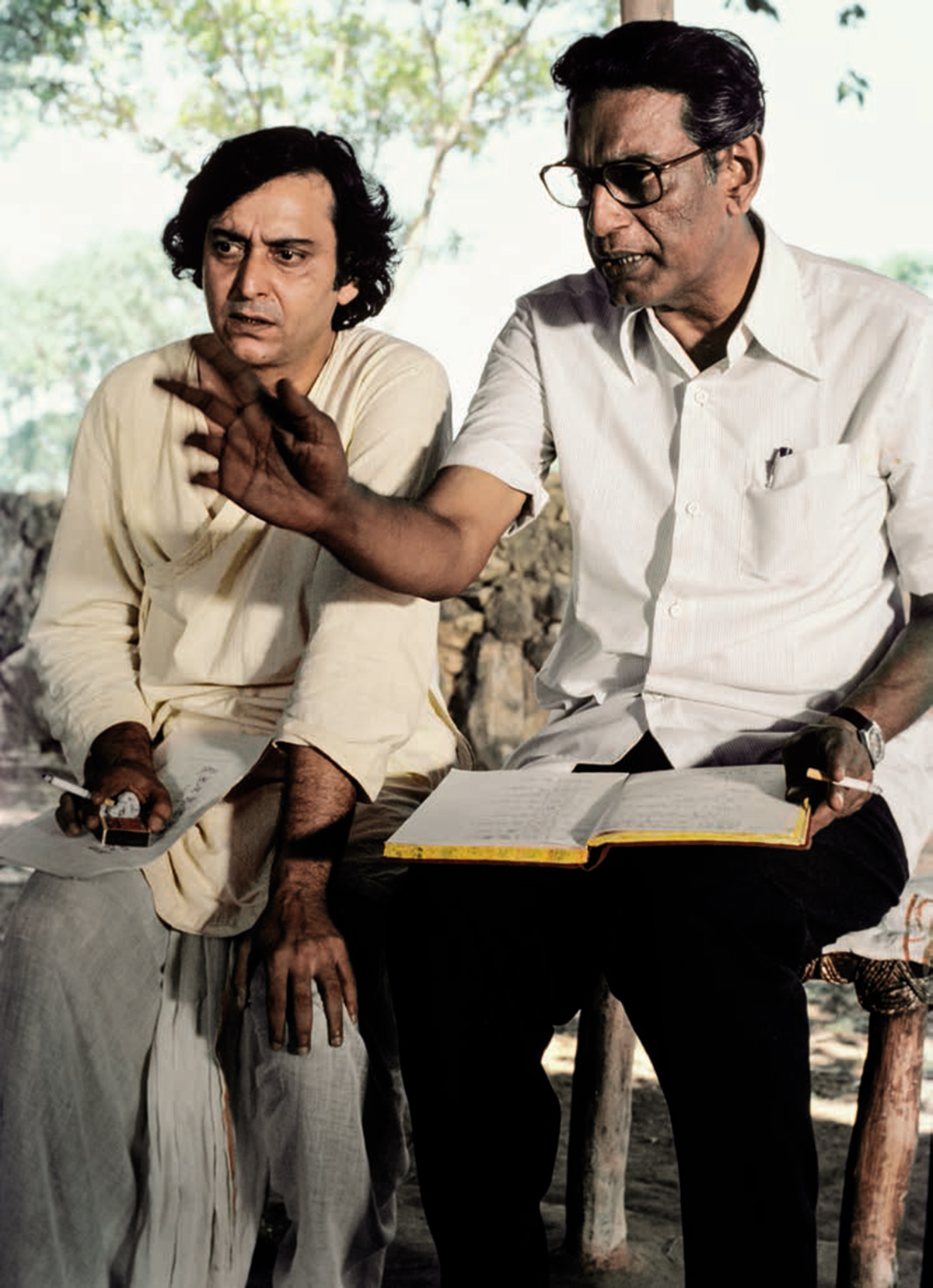
Listening intently to the Master. Photo courtesy of Ray Society
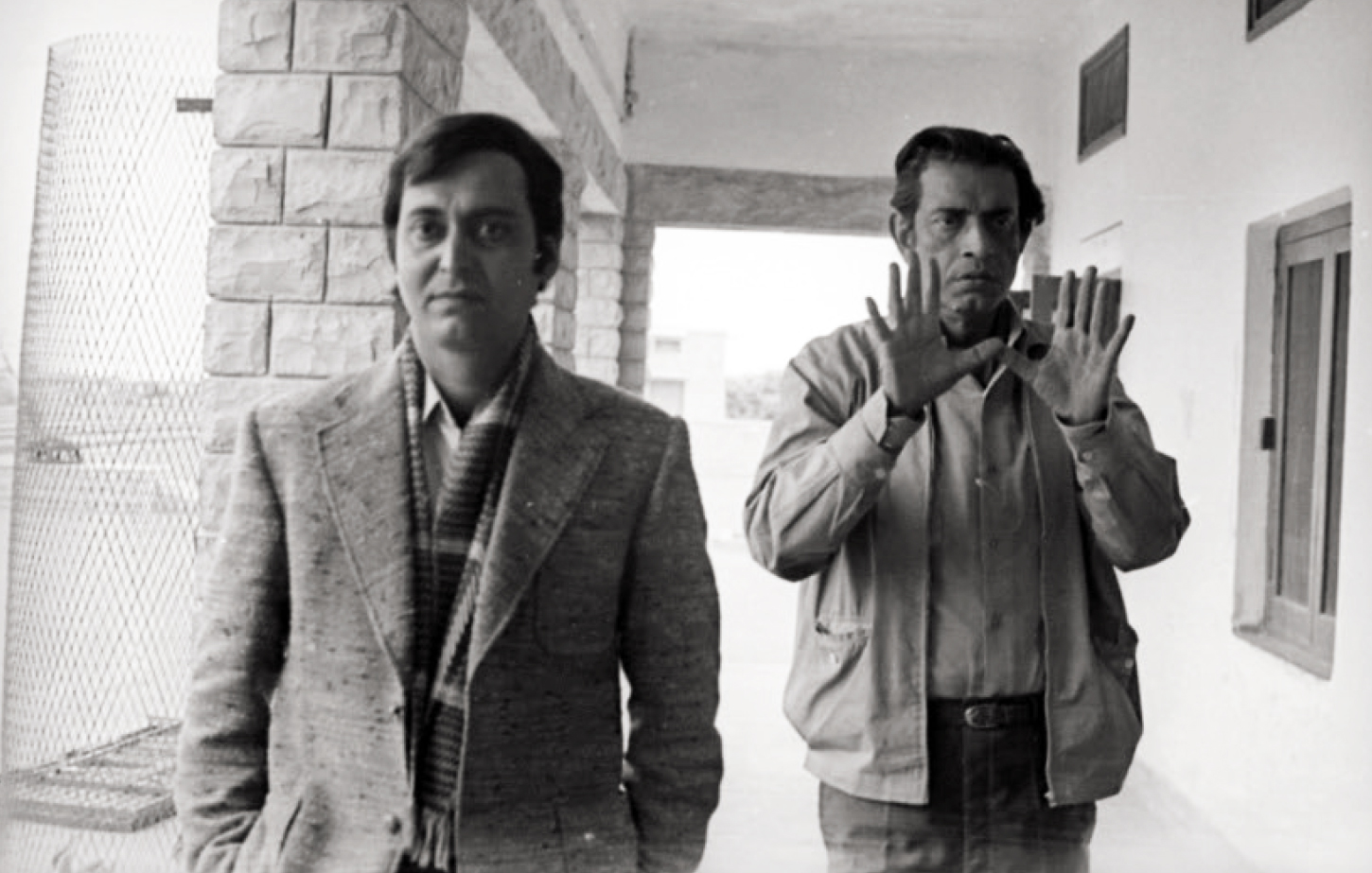
Soumitra maintained that Feluda is actually Satyajit Ray’s alter ego. Photo courtesy of Ray Society
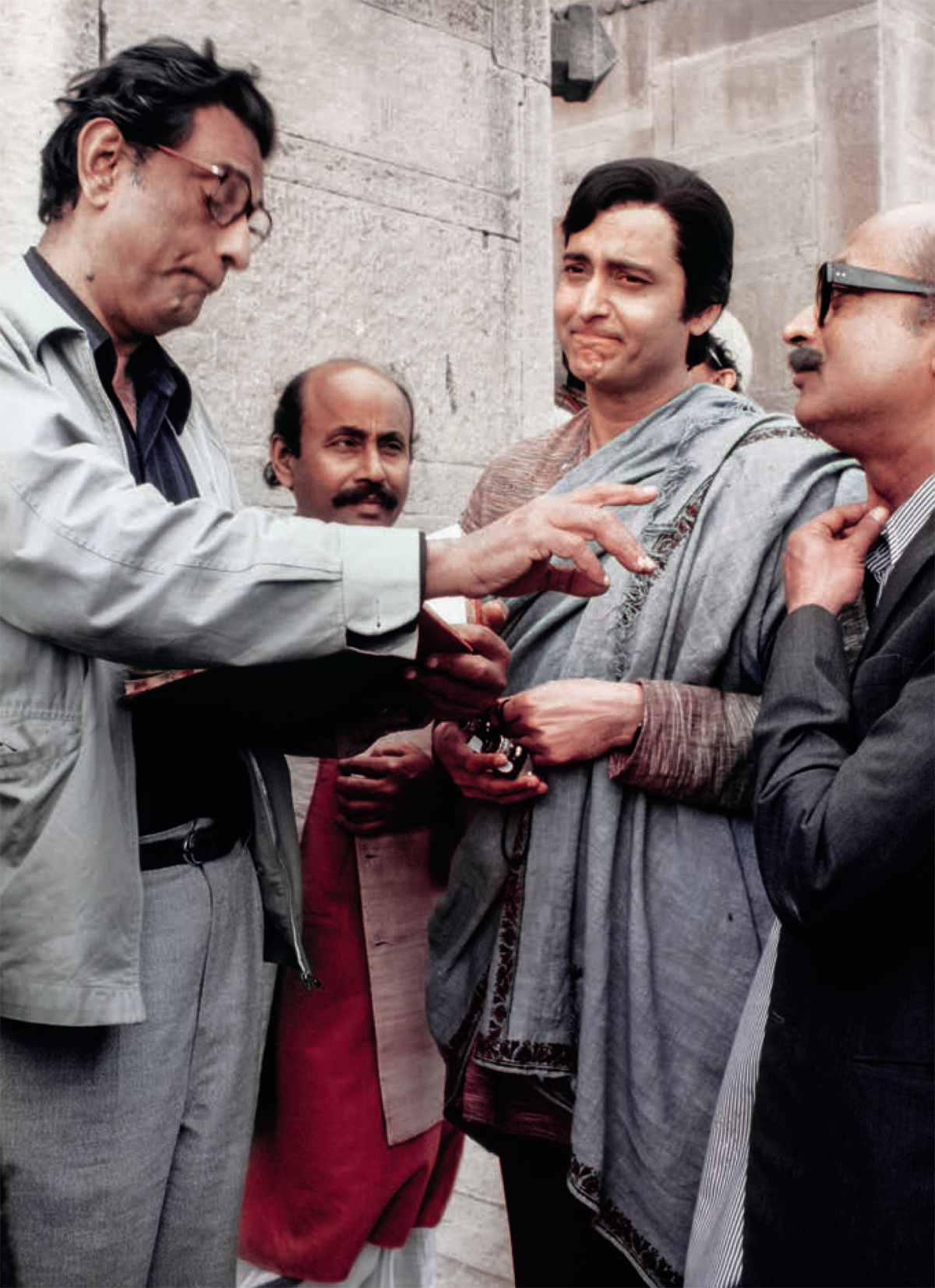
Soumitra shooting for Joy Baba Felunath (1979) with Satyajit Ray and Santosh Dutta in Benares.
Photo courtesy of Ray Society
One of his favourite dialogues from Joy Baba Felunath (which is his personal favourite of the two films) comes after Maganlal Meghraj puts Jatayu through the wringer in a sequence as dangerous as it is hilarious. His helplessness and suppressed anger as the doddering Arjun throws knife after knife at the petrified Jatayu turns to steely determination as he sits on the ghat in the Benares twilight and vows that he will take revenge for it or he would give up being a detective. The actor loved this dialogue because one could see the depth of his affection for his friend. His guilt at having put his friend’s life in danger, and the humiliation of his powerlessness overcome him. Soumitra felt that this humanised the detective greatly, and gave an indication of the intensity of his emotions under his generally unflappable surface…
Oddly enough, the scene that frightens us the most in Sonar Kella was slightly harrowing for the actor as well. Mandar Bose releases a scorpion in Feluda’s room and when Soumitra lies down on his bed, the audience realises to their horror that the scorpion is on the bed, only inches away. The scene was shot in Calcutta and, apparently, at that fateful moment when the scorpion was on the bed with him, the lights went out. Soumitra recalled that there was very little to do but lie quietly and wait for the lights to come back on. He felt strangely calm, and had resigned himself to the terrible pain of a scorpion sting, when the lights came back on. Mercifully, the scorpion had decided to make its way down to the floor where it was captured soon after…
Soumitra’s stardom received a tremendous boost with Feluda. He would be mobbed on the roads by legions of adoring fans. Soon it became quite clear that in the public imagination, he would perhaps be mostly remembered for playing the detective. He says that in those early days this did not sit well with him. He found it a little stifling. He was also somewhat resentful of the fact that his other characters that required a lot more work, like Gangacharan in Ashani Sanket, were not as popular. This eventually changed when he learnt to accept that he could not really control which character the masses would choose to remember him as the most. He later wrote that even if one person remembers him for any character he has played he should consider himself lucky.
An excerpt from Soumitra Chatterjee: A Life in Cinema, Theatre, Poetry & Painting (pp. 188, Rs 1250) by Arjun Sengupta and Partha Mukherjee, published by Niyogi Books
More from Culture
Comments
*Comments will be moderated



